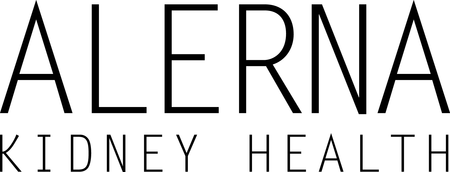Surgeons from the Royal Liverpool Hospital were able to perform a successful kidney transplant making use of a “keyhole” surgery. This is the first time they’ve been able to perform this surgery, which originated in India, successfully in Europe. One of the benefits is that it can help the patient to recover far more quickly after they go through the transplant.
Consider how a traditional transplant happens. It requires a large incision so the doctors will be able to reach into the cavity, remove the old kidney, and replace it with a new one. This is rather traumatic to the body, and it can take a long time to heal properly. With this technique, they were able to reduce the size of that incision to a mere two inches.
The Institute of Kidney Diseases and Research Centre in India developed this technique, and they say that the patients who undergo this type of surgery are happy with the results because it reduces the healing time so much. After the surgery in England, the patient was actually up and moving around just four days after going through the procedure.
In addition to healing faster, there is also the cosmetic element. Since the incision is smaller, patients do not have to worry about sporting a large scar after the surgery.
This type of surgery is not necessary for all patients, but it can actually be a better option for many. Those who are obese can benefit greatly from this type of surgery, as it does not carry as much risk. Larger patients, because of the typical amount of cutting, are generally at a greater risk of complications when undergoing traditional kidney transplant surgery. This option will certainly help to mitigate their risks.
It is always great news when new techniques can help to make complicated surgeries safer and easier to heal from for patients.
Read MoreOur blog entries are for your information only and are not intended as medical advice. Because everyone is different, we recommend you work with your medical professional to determine what’s best for you.
